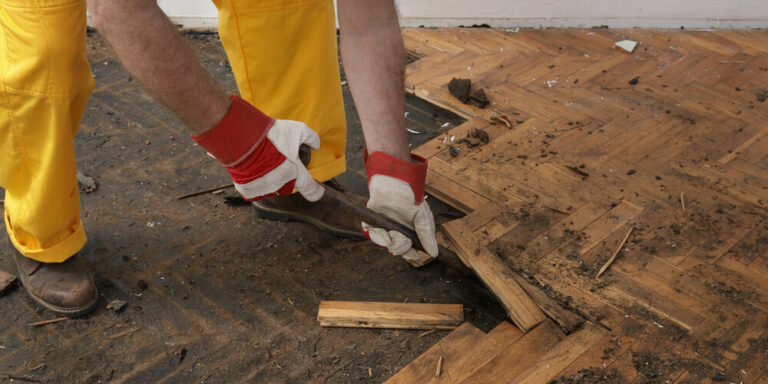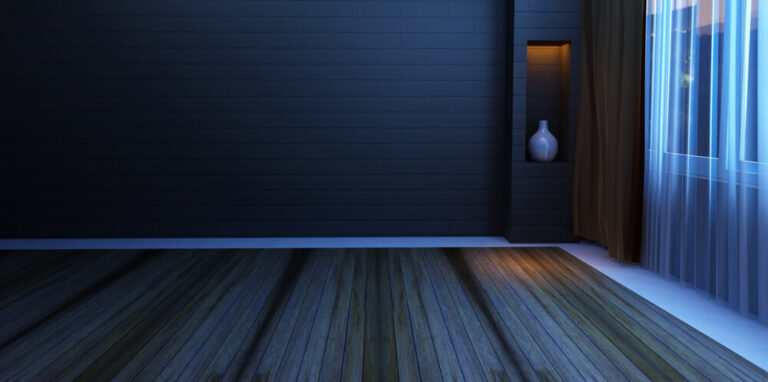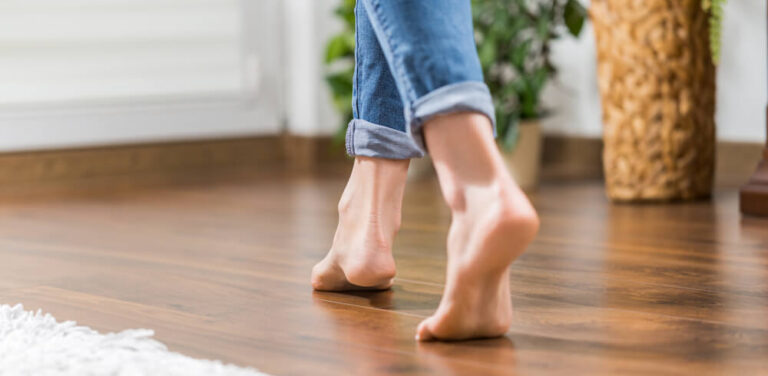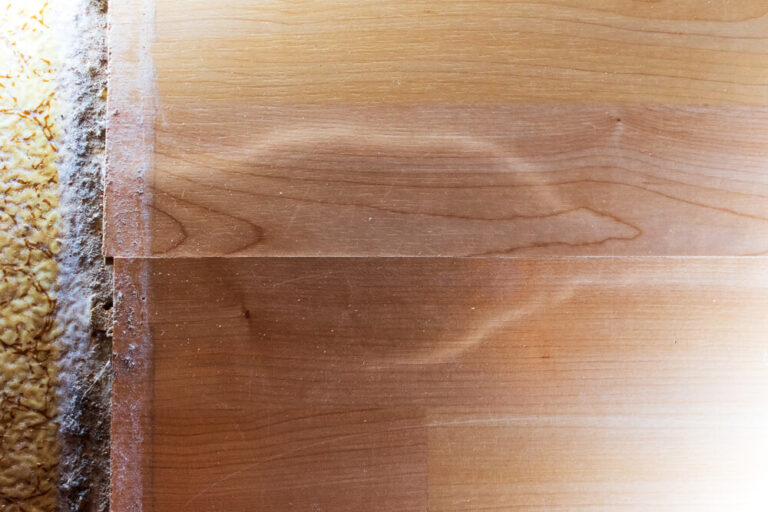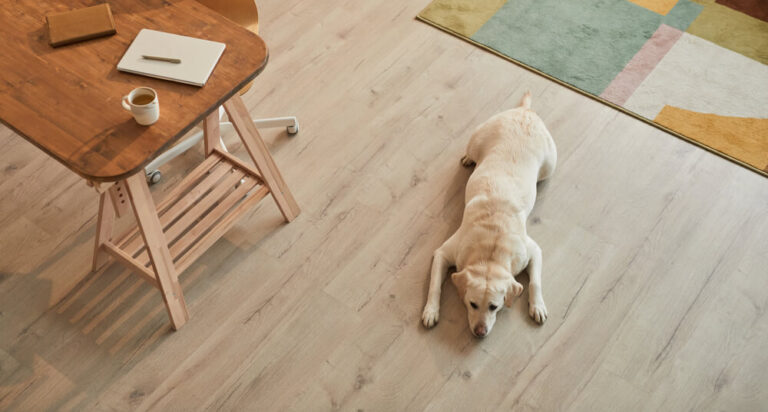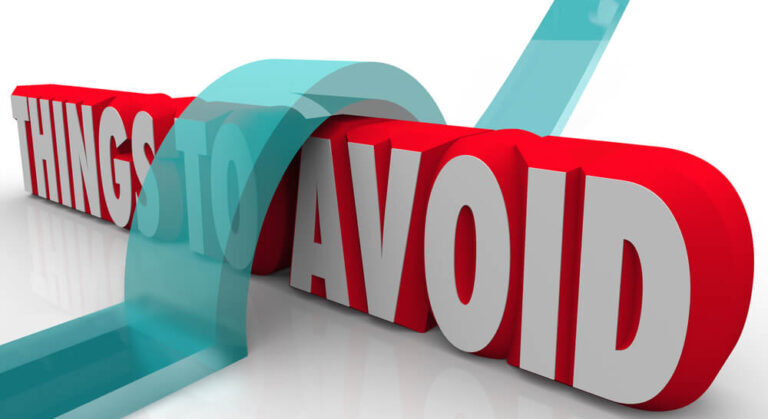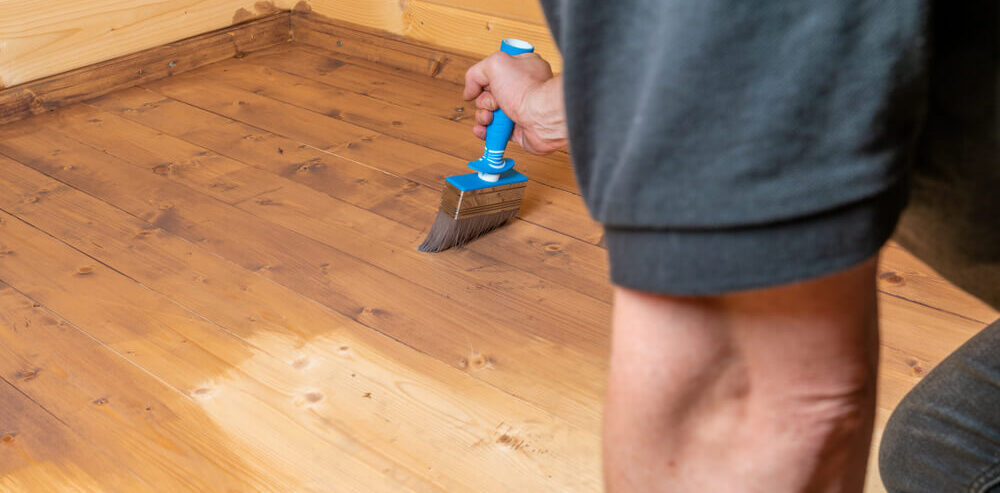
Hardwood floors add a touch of elegance and warmth to any home. But with their natural beauty comes a need for proper care and maintenance. One of the most important questions homeowners have about hardwood floors is “do hardwood floors need to be sealed?”.
Hardwood floors do need to be sealed. Sealing provides a protective barrier that helps to prevent moisture damage, protect against stains, reduce wear and tear, and enhance the appearance.
In this article we are going to cover the reasons behind sealing hardwood floors, its importance and the benefits it brings to homeowners, best types of floor sealers, signs that you need sealing and all other important details. Let’s get started,
Before delving into the necessity of sealing hardwood floors, it is crucial to understand the nature of hardwood itself. Hardwood is derived from deciduous trees and boasts natural beauty, durability, and a distinctive grain pattern. Despite its inherent strength, hardwood is susceptible to various factors that can affect its appearance and structural integrity over time. Some of the important things that destroy hardwood floors include moisture, scratches & dents, and UV exposure.
Do Hardwood Floors Need To Be Sealed?
Whether your hardwood floors are damaged or have lost their luster over time, here comes the role and importance of sealing your floors. Sealing hardwood floors involves applying a protective finish to the surface. This finish creates a barrier that shields the wood from various environmental factors, preserving its natural beauty and structural integrity. Here are some key reasons why sealing is essential:
- Moisture Protection: Sealing creates a protective barrier that prevents moisture from penetrating the wood. This is crucial in preventing warping, swelling, and the growth of mold and mildew.
- Scratch Resistance: Sealed hardwood floors are more resistant to scratches and dents, ensuring that the surface maintains its original appearance for a more extended period.
- UV Protection: Many sealants include UV inhibitors that help protect hardwood floors from the harmful effects of sunlight. This helps maintain the wood’s natural color and prevents fading.
- Enhanced Durability: Sealing provides an extra layer of protection, making hardwood floors more durable and resistant to wear and tear. This is why hardwood floors last longer.
What Types of Sealants are There?
There are a variety of different hardwood floor sealers available, each with its own advantages and disadvantages. The most common types of sealants include:
Polyurethane
Polyurethane is the most durable and long-lasting type of sealant. It is available in both oil-based and water-based formulas. Oil-based polyurethanes are more durable but have a longer drying time and emit a stronger odor. Water-based polyurethanes are easier to clean up and have a shorter drying time, but they are not as durable.
Acrylic
Acrylic sealants are less durable than polyurethane but are easier to apply and clean up. They are a good option for floors that do not see a lot of traffic.
Penetrating sealers
Penetrating sealers are absorbed into the wood, rather than forming a surface film. This makes them a good option for floors that are in good condition and do not need a lot of protection.
Wax
Wax is a traditional sealant that is easy to apply and maintain. However, it is not as durable as other sealants and needs to be reapplied more often.
How Often Should Hardwood Floors be Sealed?
The frequency with which you need to seal your hardwood floors will depend on the type of sealant you use, the amount of traffic the floors receive, and the climate in your area. In general, you should plan to reseal your floors every 3-5 years.
Signs That Your Hardwood Floors Need To Be Sealed
- The floors are dull or faded.
- The floors are starting to show signs of wear and tear, such as scratches, scuffs, or dents.
- The floors are starting to absorb liquid, rather than beading it up.
- The floors are starting to develop water damage, such as warping or cupping.
Tips for Sealing Hardwood Floors
- Make sure the floors are clean and dry before applying the sealant.
- Apply the sealant in thin, even coats.
- Allow the sealant to dry completely between coats.
- Avoid walking on the floors until the sealant has cured completely.
- Follow the manufacturer’s instructions for the specific sealant you are using.
Additional Tips for Maintaining Hardwood Floors
- Sweep or vacuum the floors regularly to remove dirt and debris.
- Use a damp mop to clean spills immediately.
- Avoid using harsh chemicals or cleaners on the floors.
- Place mats at entrances to trap dirt and moisture.
- Keep the humidity level in your home between 30% and 50%.
By following these tips, you can help to keep your hardwood floors looking their best for years to come.
Also Read: best mop for hardwood floors with dogs
FAQs
What Happens If You Don’t Seal Wood Floors?
Without sealing, wood floors are prone to moisture damage, warping, and scratches, compromising their longevity and aesthetics.
What Is The Difference Between Sealed And Non Sealed Hardwood Floors?
Sealed floors have a protective layer, guarding against moisture and damage. Non-sealed floors lack this barrier, making them vulnerable to wear and environmental effects.
Are Most Hardwood Floors Sealed?
Yes, the majority of hardwood floors are sealed to enhance durability and protect against common issues like moisture and scratches.
Does Prefinished Hardwood Need To Be Sealed?
Prefinished hardwood comes sealed from the factory, eliminating the need for immediate sealing upon installation.
How Do You Tell If Hardwood Floors Are Sealed?
Conduct a water droplet test – if droplets bead on the surface, the floor is sealed. Absorption indicates the need for sealing.
Can I Reseal My Wood Floors Without Sanding?
Yes, you can reseal without sanding by cleaning, lightly sanding the existing finish, and applying a new layer of sealant.
How Do You Reseal Hardwood Floors Without Sanding?
Clean the floor, lightly abrade the existing finish, and apply a fresh coat of sealant, ensuring a smooth, even application.
How Often Should You Put Polyurethane On Hardwood Floors?
Reapply polyurethane every 3-5 years or as needed, based on wear and tear, to maintain the floor’s protective layer.
Is Bona Good For Sealed Hardwood Floors?
Yes, Bona is a reputable brand, providing effective and safe cleaning solutions for sealed hardwood floors.
What Is The Most Durable Hardwood Floor Sealer?
Water-based polyurethane is often considered the most durable hardwood floor sealer, providing robust protection without yellowing over time.
What Is The Cheapest Way To Seal A Wood Floor?
The cheapest way to seal a wood floor is by using a basic polyurethane sealer, ensuring cost-effective protection against moisture and wear.
Conclusion
Sealing your hardwood floors is an important part of protecting them from damage and maintaining their appearance. By choosing the right type of sealant and applying it regularly, you can help to ensure that your floors last for a lifetime. If you still need any assistance, feel free to comment below. We will be happy to assist you further.

